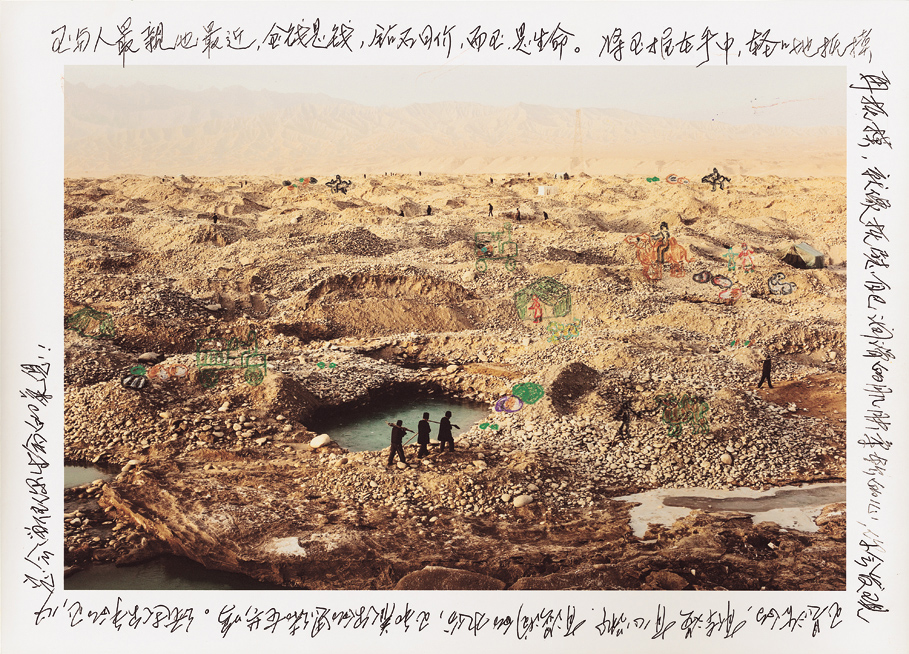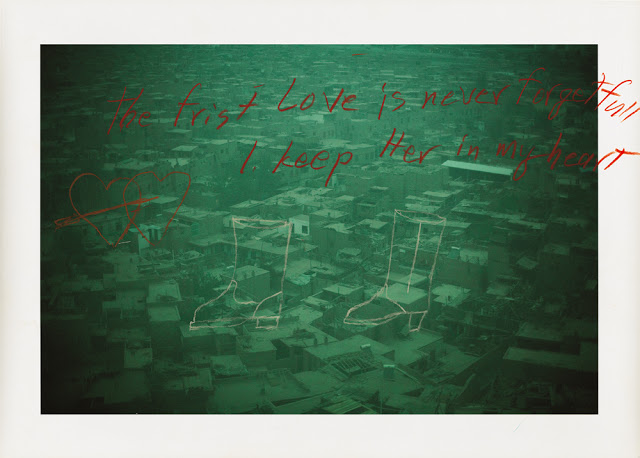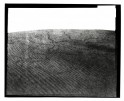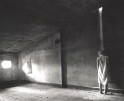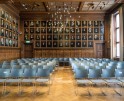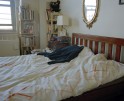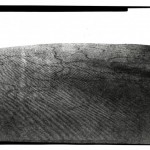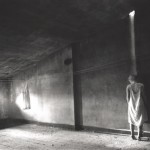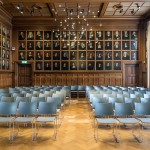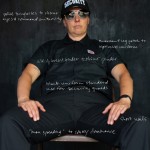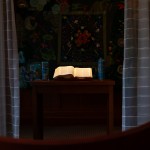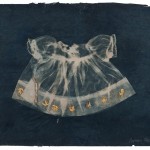Review Santa Fe: Carolyn Drake
Over the next month, I will be sharing the work of photographers who attended Review Santa Fe in June. Review Santa Fe is the only juried review in the United States and invites 100 photographers to Santa Fe for a long weekend of reviews, insights, and connections.
Carolyn Drake ‘s project, Uyghur, documents Xinjiang, China in a variety of ways–by photographing objects as a way of visually journaling her thoughts and feelings, collaborating with the people she encountered in the province and asking them to reinterpret her photographs through drawing and text, and by showing us what was and what is. This three tiered way of capturing place gives us a rich tapestry of a province in transition.
Carolyn received her BA in Media/Culture and American History from Brown University, and later studied photography at ICP and Ohio University. She now splits her time between self-driven documentary projects and the magazine editorial work from which she makes a living. Carolyn is the recipient of a Guggenheim Fellowship, a Fulbright fellowship, and the Lange Taylor Documentary Prize, among other awards, and is currently putting together her first book, Two Rivers. She is based in Istanbul, Turkey.
Uyghur:Xinjiang – China’s vast far western province – has changed drastically since I began photographing Uyghurs there in 2007. Traditionally living in agricultural villages and trading towns on the edges of the Taklimakan Desert, many Uyghurs have been forced off of their land and out of their courtyard homes into urban housing projects. They are displaced by millions of Han workers migrating west from the Chinese interior as government policy tightens its grip on this province which borders several newly independent, Islamic leaning countries.
While Uyghurs continue to aspire to cultural and political autonomy, their language and way of life are transforming. Ive been drawn back over and over. The attraction comes partly from a sense that these changes ought to be viewed from more perspectives, especially ones that consider Uyghur interests. Its also a personal attraction to the desert landscape, communal culture, vivid streetlife, and hospitality I saw there.
Feeling the limits of what could be expressed with my camera, I eventually began to look for meaning other ways. I learned about the significance of dreams in Islam and asked people to describe their own remembered dreams. I collected and photographed objects left in the dust of demolition. I carried a journal which I asked people to leave messages in.
And I made prints of my photos, asking people to draw their own pictures on top of them, and recording interviews with those who were willing to take the risk. The project has become a narrative collage of these disparate elements.
Posts on Lenscratch may not be reproduced without the permission of the Lenscratch staff and the photographer.
Recommended
-
Jonathan Silbert: InsightsFebruary 19th, 2026
-
Olga Fried: Intangible EncountersFebruary 18th, 2026
-
Anne McDonald: Self-PortraitsFebruary 17th, 2026
-
Review Santa Fe: Leslee Broersma: Tracing AcademiaFebruary 11th, 2026
-
Review Santa Fe: Ilana Grollman: Just Know That I Love YouFebruary 10th, 2026

